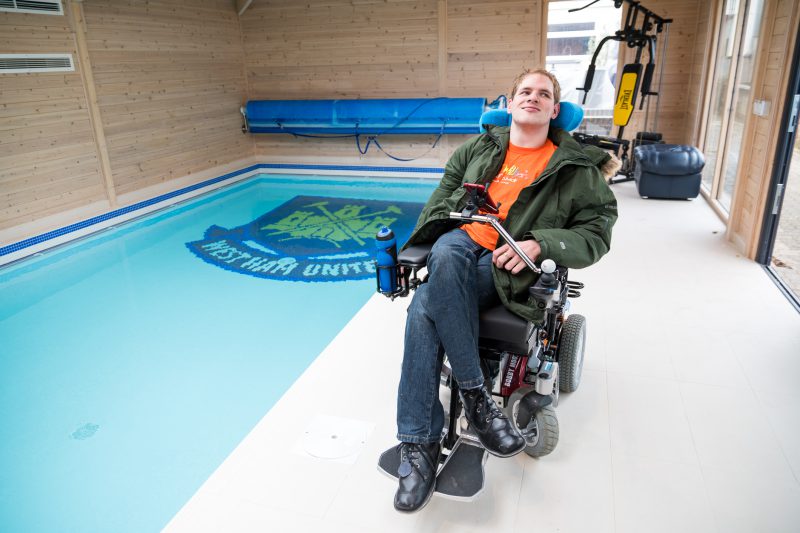
Elan’s Story – Living her dream
What happened? Elan’s mother had a normal pregnancy but problems developed in labour. There was a failure by the medical staff looking after Elan’s mother
Brain Injury
Mistakes made during surgery, or the wrong advice about risks before surgery, can give rise to a medical negligence claim if serious harm is done. We have the expertise to help you investigate what went wrong and achieve the compensation you deserve.
Yes, you may be able to make a claim for a surgery that went wrong if it was caused by medical negligence. Medical negligence occurs when a healthcare professional fails to provide the expected standard of care, leading to harm or injury to the patient.
Some examples of surgical errors that may be considered medical negligence include:
A surgical error is a mistake or oversight that occurs during a surgical procedure, and can range from minor mistakes to serious, life-threatening complications. Some examples of surgical errors include:
Wrong-site surgery: This occurs when the surgery is performed on the wrong part of the body, such as the wrong limb or organ.
Incorrect incisions: The surgeon may make incisions in the wrong location or cut too deep, which can lead to damage to nerves, blood vessels, or organs.
Leaving surgical instruments or other foreign objects inside the patient: This can cause serious infection and other complications.
Anesthesia errors: This can include administering too much or too little anesthesia, using the wrong type of anesthesia, or failing to properly monitor the patient’s vital signs during the procedure.
Infection or other complications: Improper sterilization of equipment or poor surgical technique can lead to serious infection or other complications.
Post-operative complications: This can include complications such as bleeding, clotting, or infection that occur after the surgery is completed.
Surgical error claims due to medical negligence rarely go to court, with only a small percentage of the more complex cases ending up there. However, in the unlikely event that your case reaches court, we will be by your side throughout the process.
It is important to pursue your surgical error claim as quickly as possible due to time limits and to also enable us to help you obtain compensation as soon as possible. This is especially the case in complex cases as the process can be lengthy.
You have to start your claim within 3-years (limitation period) from when the injury occurred or when you first became aware of any potential negligence or injury as a result. However, the time limit only begins when a child reaches 18 years of age.
There may be several options open to you to include legal aid, No Win No Fee and legal expense insurance. We can advise you on the correct funding method for you. We have designed a No Win No Fee package to protect you from paying any costs should your claim not be successful.
We can provide a second opinion free of charge. We have acted for many clients who have been told they don’t have a case, but by looking at the claim in a different way and with our expertise, we have gone on to be successful.

What happened? Elan’s mother had a normal pregnancy but problems developed in labour. There was a failure by the medical staff looking after Elan’s mother

Cerebral palsy after Syntocinon induction Ryan’s case was closed by solicitors and experts who said it wouldn’t win. We turned that around and won for







CL Medilaw © 2024